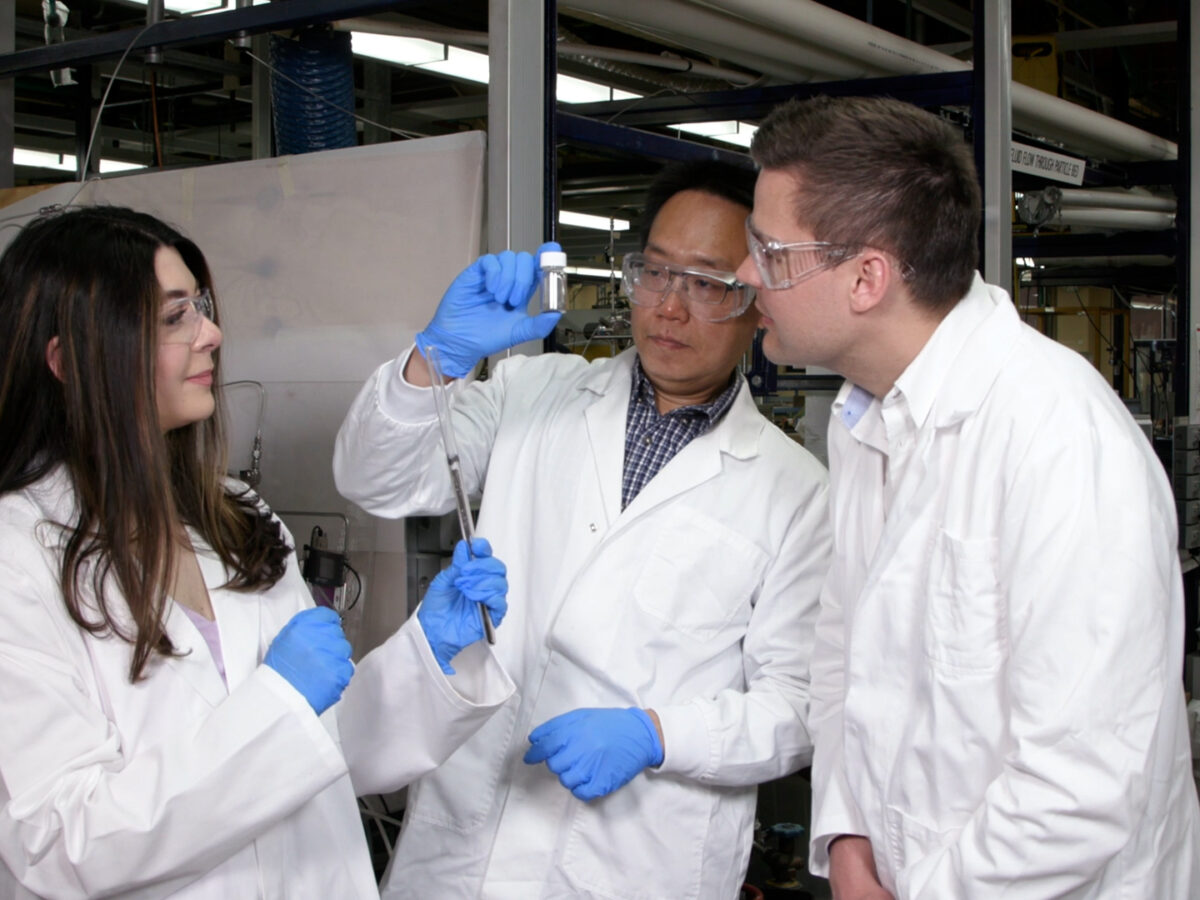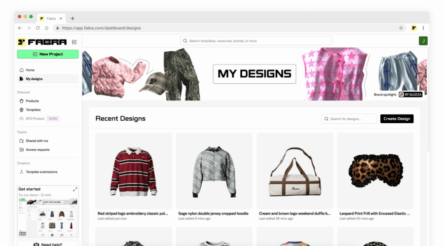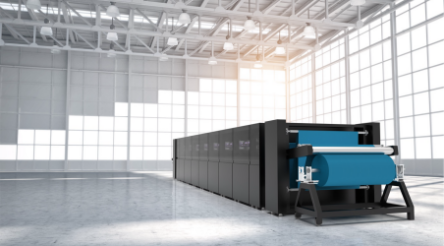Liquid metal and champagne bubbles: RMIT researchers say new CCS method ready to be scaled up

An RMIT research team has developed a new method for carbon capture and storage with energy use, environmental and other benefits, and is seeking input from industry on refining the method, which they say is suited to hard-to-abate industries such as cement and steel.
A provisional patent has been filed for the new method. It builds on “an earlier experimental approach that used liquid metals as a catalyst” said RMIT in a statement” but is tweaked to more easily suit industrial processes.
The university describes the method as injecting CO2 into a liquid metal heated to between 100 and 120 degrees Celsius, with the gas rising “just like bubbles in a champagne glass” and turning into solid carbon flakes in under a second. It is described in the Energy & Environmental Science paper “Direct conversion of CO2 to solid carbon by Ga-based liquid metals” with PhD researcher Karma Zuraiqi the lead author, and in the video below.
Among benefits over currently dominant carbon capture and storage solutions — which turn gas into a liquid for injection into the ground — the team says its approach has low energy needs and could be powered by renewables, is simpler in its engineering, and is environmentally safer.
The team is currently in a $2.6 million R&D collaboration with environmental technology company ABR, aiming to next scale up a proof-of-concept to a “prototype the size of a shipping container.”
Associate Professor and Australian Research Council DECRA Fellow Torben Daeneke said that in addition to its ability to scale up, “the new tech is radically more efficient and can break down CO2 to carbon in an instant.
“We hope this could be a significant new tool in the push towards decarbonisation, to help industries and governments deliver on their climate commitments and bring us radically closer to net zero.”
Picture (Left to right): PhD researcher Karma Zuraiqi, Dr Ken Chiang and Associate Professor Torben Daeneke (supplied)
Subscribe to our free @AuManufacturing newsletter here.
Topics Technology
@aumanufacturing Sections
Analysis and Commentary Awards casino reviews Defence Gambling Manufacturing News Online Casino Podcast Technology Videos





